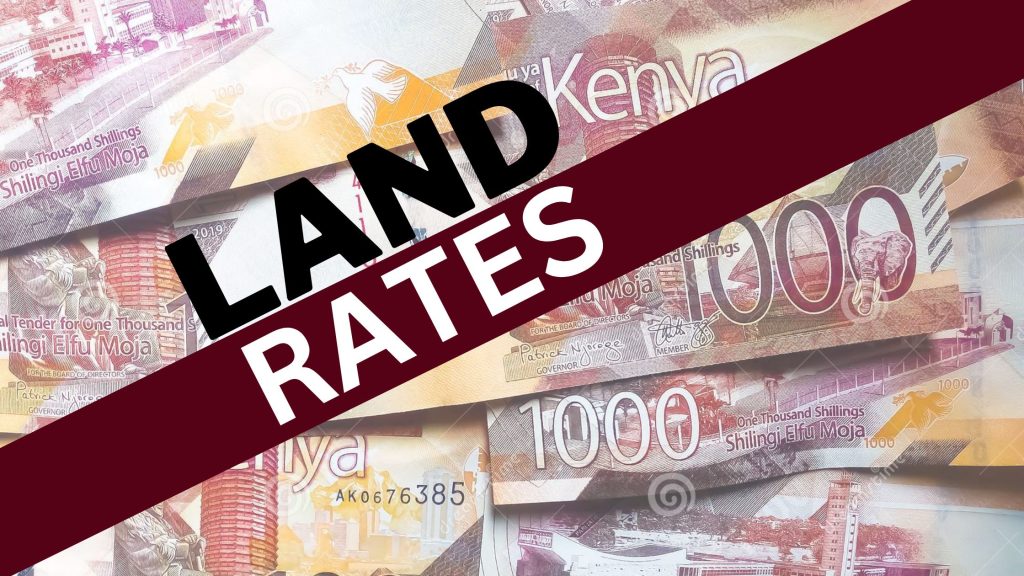Property owners in major cities and towns face tough times ahead after the National Treasury approved plans by the Ministry of Lands to increase land rates and rents. Those who own rateable properties in Nairobi, Mombasa, Nakuru, Kisumu, Eldoret, and Kiambu will have to pay more taxes as the national government seeks to raise an additional Sh8 billion. Lands Principal Secretary Mr. Nixon Korir told the National Assembly Committee on Land that the government currently collects Sh3 billion annually in land rates and rents, which have not been reviewed for several decades. The use of outdated acts, such as the Valuation for Rating Act of 1956 and the Rating Act of 1963, has cost counties billions of shillings as they do not match rising property prices in the market. Although land and house prices in urban centres have been increasing, counties have not been able to collect revenue due to the use of outdated rolls to calculate rates.
By conducting a review of land rates in Nairobi, Mombasa, Kisumu, Nakuru, Eldoret, and Kiambu, the government estimates that it will be able to boost its revenue by as much as Sh8 billion, provided both national and county authorities adequately enforce compliance. Currently, the Ministry of Lands and Physical Planning has been able to collect Sh832.6 million thus far, compared to its target of Sh210.5 million for the year leading up to June 2023. The Ministry recommends mandating that annual penalties be levied against property owners who fail to meet their land rates and rent obligations in order to ensure prompt payments.
Stamp duty generated Sh5.8 million against a target of Sh11.2 million, and stand premium on town plots generated Sh188.4 million against a target of Sh103.8 million. Other land revenue yielded Sh597 million against a target of Sh973 million, while land adjudication and case fees amounted to Sh20,040 against a target of Sh26.7 million. The ministry collected Sh4.9 million against a target of Sh8.9 million from conveyancing fees. The land registration fees also brought in Sh54 million.
Typically, a property value assessment is completed by a rating authority often with the assistance of a valuer. Recently, the government introduced the National Rating Bill, 2023, aiming to give power to the 47 devolved governments to seize and sell defaulters’ property and land. The bill, sponsored by Majority Leader Kimani Ichung’wah, suggests regular reviews of rate pricing every five years to align with the current market values. The bill regards passing unpaid land to county governments as beneficiaries during succession matters. The proposed law also provides for the valuation of ratable property and the procedure for appointment and powers of valuers.

